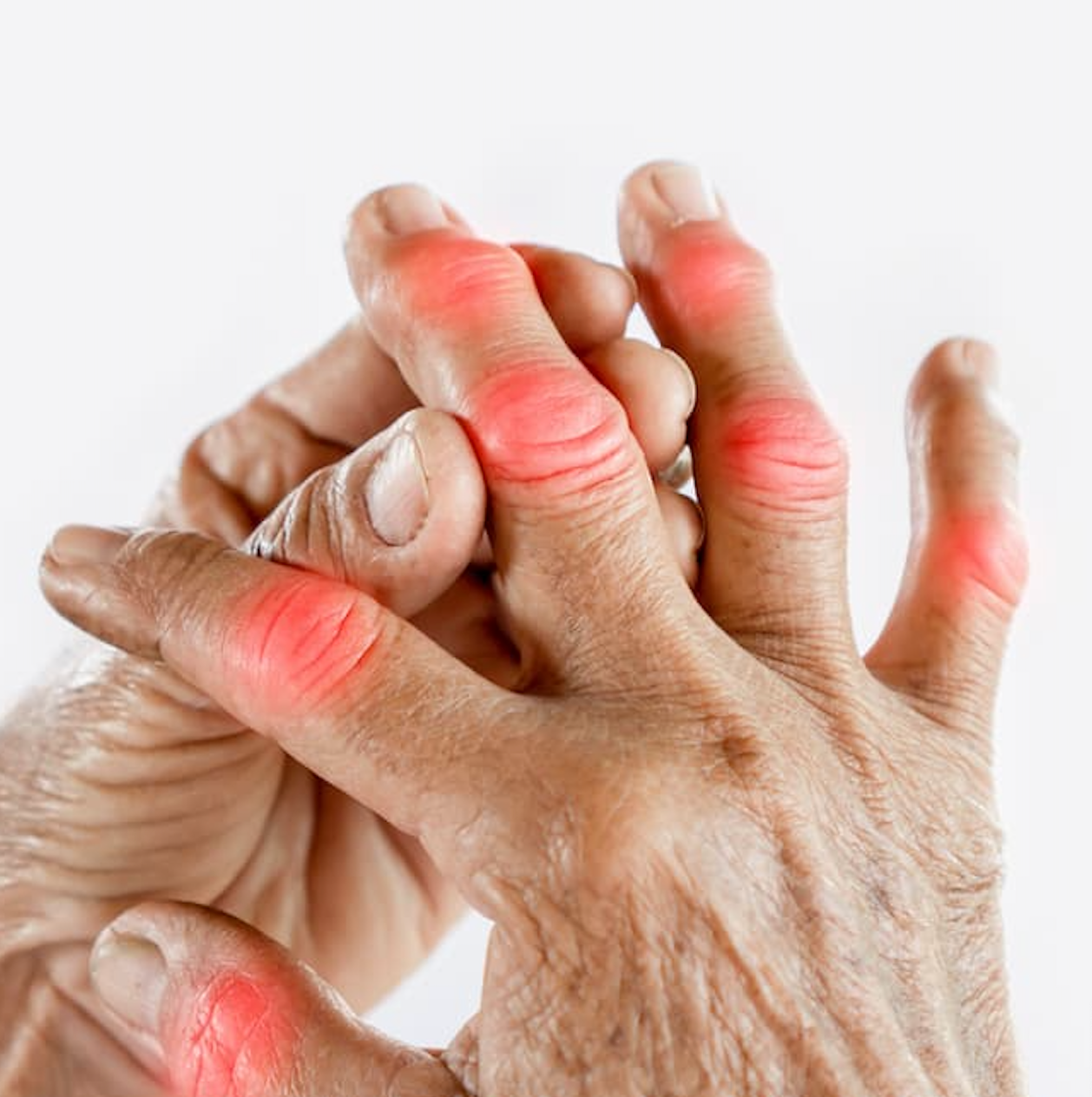News
Article
Abiprubart Reduces Disease Activity in Refractory Rheumatoid Arthritis
Author(s):
Phase 2 data showed a significant reduction in RA disease activity at Week 12 with weekly abiprubart, compared with placebo.
Credit: Adobe Stock/doucefleur

Abiprubart (KPL-404) demonstrated improvements in disease activity in patients with refractory rheumatoid arthritis (RA), compared with placebo, according to new Phase 2 data presented at the 2024 European Congress of Rheumatology (EULAR).1
These findings showed statistically significant reduction in the Disease Activity Score of 28 Joints using C-reactive Protein (DAS28-CRP) scores at Week 12, particularly in those treated weekly with 5mg/kg abiprubart, and a well-tolerated safety profile.
“Treatment with abiprubart, an anti-CD40 monoclonal antibody, resulted in a statistically significant reduction in DAS28-CRP at Week 12 in the 5mg/kg subcutaneous weekly dosing group, compared with placebo, in refractory RA patients,” wrote the investigative team, led by Ingrid Louw, MBChB, MMED, Panorama Medical Centre.
Individuals with RA who exhibit an inadequate response to available biologic or targeted synthetic disease-modifying anti-rheumatic drugs (b/tsDMARDs) have limited treatment options, pointing to an unmet need in this patient population.2
Abiprubart is a humanized monoclonal IgG4 antibody with a stabilized or functionally silent Fc region that binds to CD40 and inhibits the CD40/CD154 costimulatory interaction without lymphocyte depletion.3 Phase 1 data demonstrated the tolerability of abiprubart in a single-ascending-dose healthy human volunteer study, with full target engagement and sustained dose-dependent suppression of T-cell-dependent antibody responses.1
Based on these data, Louw and colleagues indicated that abiprubart’s high-concentration liquid formulation supported the investigation of chronic subcutaneous administration for treating autoimmune diseases.1
The current Phase 2, randomized, placebo-controlled 12-week treatment proof-of-concept study evaluated the efficacy and safety of multiple doses of abiprubart in patients with RA, compared with placebo. Patients aged 18 to 80 years with moderate-to-severe active RA who had inadequate response or intolerance to ≥1 bDMARD or Janus kinase inhibitor (JAKI) therapy were enrolled.
This population was randomized in sequential cohorts to receive 12 weeks of treatment. In the Pharmacokinetic (PK) lead-in arm (Cohorts 1 & 2), the primary outcome was the safety and PK profile of abiprubart. The primary outcome in the efficacy arm (Cohort 3) was the change from baseline in the DAS28-CRP at Week 12.
For efficacy comparisons, in Cohort 3, an analysis of covariance model compared each abiprubart dose group versus placebo, with baseline values and randomization stratification serving as covariates.
In Cohort 1, 8 patients were randomized in a 3:1 ratio to abiprubart 2mg/kg every 2 weeks (Q2W) or placebo. In Cohort 2, 8 patients were randomized in a 3:1 ratio with abiprubart 5mg/kg Q2W or placebo. Cohort 3 randomized 78 patients in a 1:1:1 ratio to 5mg/kg abiprubart weekly, Q2W, or placebo.
Across the PK lead-in period, abiprubart in Cohort 1 and Cohort 2 remained well-tolerated and allowed the initiation of Cohort 3.
Upon analysis in Cohort 3, the least-squares (LS) mean change from baseline in DAS28-CRP at Week 12 was –2.21 (95% CI, –2.62 to –1.80) points in the abiprubart 5mg/kg weekly cohort (n = 27), compared with –1.65 (95% CI, –2.07 to –1.23) points in placebo-treated patients (n = 26). The LS mean difference was statistically significant (–0.56; P = .0487).
Meanwhile, in the 5mg/kg abiprubart Q2W cohort, the LS mean change from baseline in DAS28-CRP at Week 12 was –2.21 (95% CI, –2.62 to –1.80) points compared with –1.65 (95% CI, –2.07 to –1.23) points in placebo-treated patients (n = 26). The LS mean difference did not reach statistical significance (–0.35; P = .2140).
Overall, sustained treatment with abiprubart was well-tolerated and had a PK profile that supported practical chronic subcutaneous dosing, according to Louw and colleagues.
Abiprubart significantly reduced the Rheumatoid Factor (RF), a clinical marker of disease activity and autoantibody pharmacodynamic marker of CD40 target engagement, by >40% across the weekly 5mg/kg and Q2W 5mg/kg dose levels. Incidences of non-serious treatment-emergent adverse events (TEAEs) were similar across treatment groups and remained mild or moderate in severity.
Louw and colleagues added a fourth patient cohort is receiving ongoing treatment, with a 600 mg loading dose followed by fixed doses of 400 mg subcutaneous abiprubart every 4 weeks or placebo, for a 12-week period.
“These results support further clinical development of abiprubart in autoimmune diseases in which the CD40/CD154 costimulatory interaction has been implicated,” they wrote.
References
- Jenkins E, Louw I, Balog A, Van Duuren E, Horowitz DL, Jaworski J, Kivitz A, Ujfalussy I, Pirello J, Tessari E, Wang S, Paolini JF. Efficacy, Safety, and Pharmacokinetics of Anti-CD40 Antibody Abiprubart (KPL-404) in Patients with Rheumatoid Arthritis: A Phase 2, Randomized, Placebo-Controlled 12-Week-Treatment Proof-of-Concept Study. Presented at EULAR 2024. Vienna, Austria. June 12 – 15, 2024.
- Holdsworth EA, Donaghy B, Fox KM, Desai P, Collier DH, Furst DE. Biologic and Targeted Synthetic DMARD Utilization in the United States: Adelphi Real World Disease Specific Programme for Rheumatoid Arthritis. Rheumatol Ther. 2021;8(4):1637-1649. doi:10.1007/s40744-021-00357-1
- Lai JH, Luo SF, Ho LJ. Targeting the CD40-CD154 Signaling Pathway for Treatment of Autoimmune Arthritis. Cells. 2019;8(8):927. Published 2019 Aug 18. doi:10.3390/cells8080927





